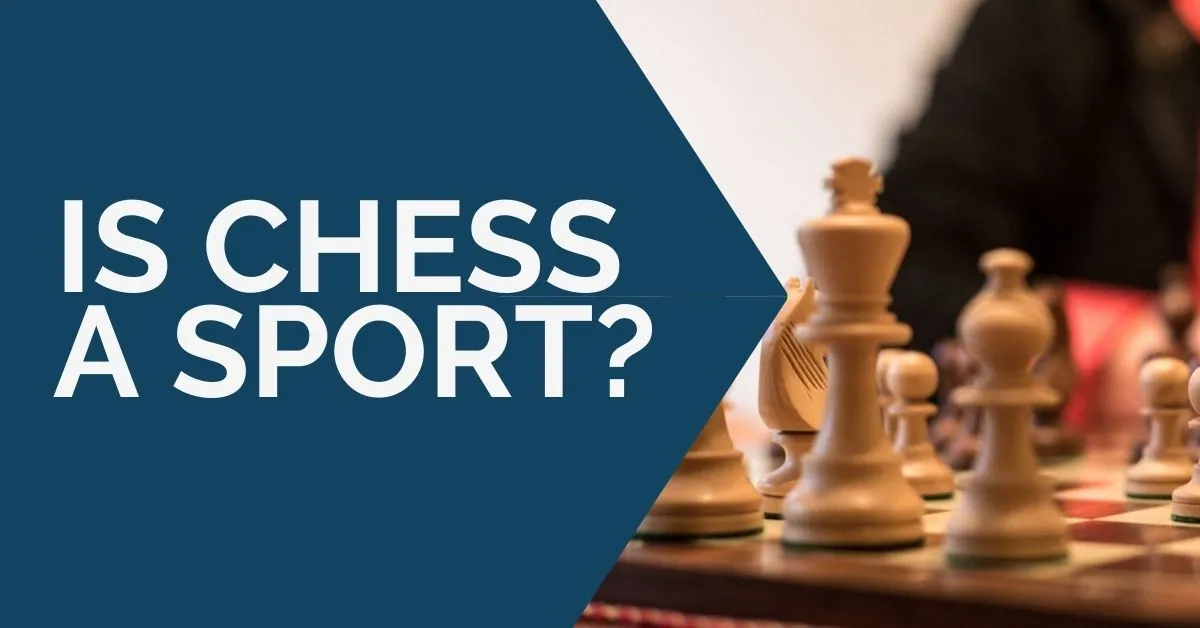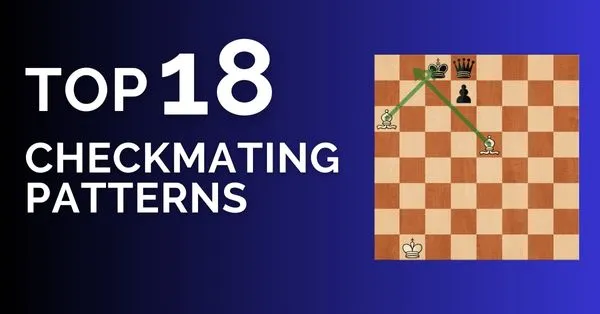5 Ways to Beat a Chess Master
Most players think that to beat a chess master you need to be one yourself. However it is not always the case. There are many example of when players 400-500 points lower rated were able to beat a 2200 rated one. How do they do that? We will take a look at some of the most promising ways to accomplish that in this article.
1. Not-So-Obvious Tactics
Probably the “easiest” way to beat a chess master is to find and apply a piece winning tactics that the master is not aware of. Indeed, it is not as simple as it sounds, because a stronger player will typically see much more tactics than you will.
However, it is definitely possible. It won’t be a simple one move knight fork or a pin. It is most likely something much more sophisticated, such as a sacrifice, which eventually leads to gain in material or a game-winning combination.
2. Complex Positions
If you want to beat a chess master, you should aim for complicated positions and avoid any simplicity. The chances that you will have an opportunity in a complex position are much higher than in a simple one. Indeed, a master will have even higher chance of taking advantage in these complications. But in straight-forward positions, his chances are even greater, and probability of a mistake from his end is much lower.
In a complex position, where a lot of things are happening, it is harder to keep everything in mind and not miss any single important tactical element. That’s why complications are a chance for a lower rated player to swindle his way to win.
Ready to start systematic training that actually works?
Click here to start your training using the day-by-day program.
3. Avoiding Theory
Avoiding theory is another good idea, when you’re facing a much stronger master level opponent. That doesn’t necessarily means avoiding opening theory. In the opening, you should probably play the lines you know best and don’t worry about your opponent’s knowledge. Here we are talking about the theoretical middle-games and endgames.
It is a good idea to avoid straightforward, technical positions like equal looking endgames, isolated pawn positions, etc. The problem with these sorts of positions is that a master level player would probably know how to play them, even with his eyes closed. And if that is the case, the chance of a mistake from his side is taken to a very minimum. Stick to complex positions and you will increase your odds of winning the game.
4. Time Trouble
Although less likely than the previous 3 point, time trouble can play in your favor, especially with those types of chess masters that like to evaluate everything. You would be surprised to know how many strong players are susceptible to time trouble. They can easily spend 20-30 minutes debating between two equally good options.
The problem is that even under severe time trouble chess masters are very dangerous, and can checkmate you when almost no time are left on the clock. The time trouble should be combined with “complex positions” technique, and then something good may happen in the game.
5. Active Play
There is nothing easier for a master than winning against a much lower rated opponent playing passively. That said you should always play actively. You should come up with a plan, and create difficulties for your opponent all the time. If you won’t be doing that, he will have more time and energy to focus on destroying your position.
Part of the active play strategy is not allowing your opponent to realize his plans. For example, if you see that your opponent is trying to occupy an outpost with a knight you should try to prevent that or even trade off that knight. If he is doubling the rook on the open file you should be contesting that with your own rooks. At the same time you should always be looking for possibilities to assault his king.
Good luck!
If you want to improve your chess level, you need to have a clear study plan. If you aim for a dramatic improvement at chess you need to work on all of the elements of the game in a systematic way:
- tactics
- positional play
- attacking skills
- endgame technique
- classical games analysis
- psychological preparation
- and much more
That seems to be like a lot of things, and that is. But no worries, we have made it easy for you. Our comprehensive training course covers it all and much more. Sign up for 21 Day Training right now!
Ready to start winning games? Check out our store and articles:










Comments: